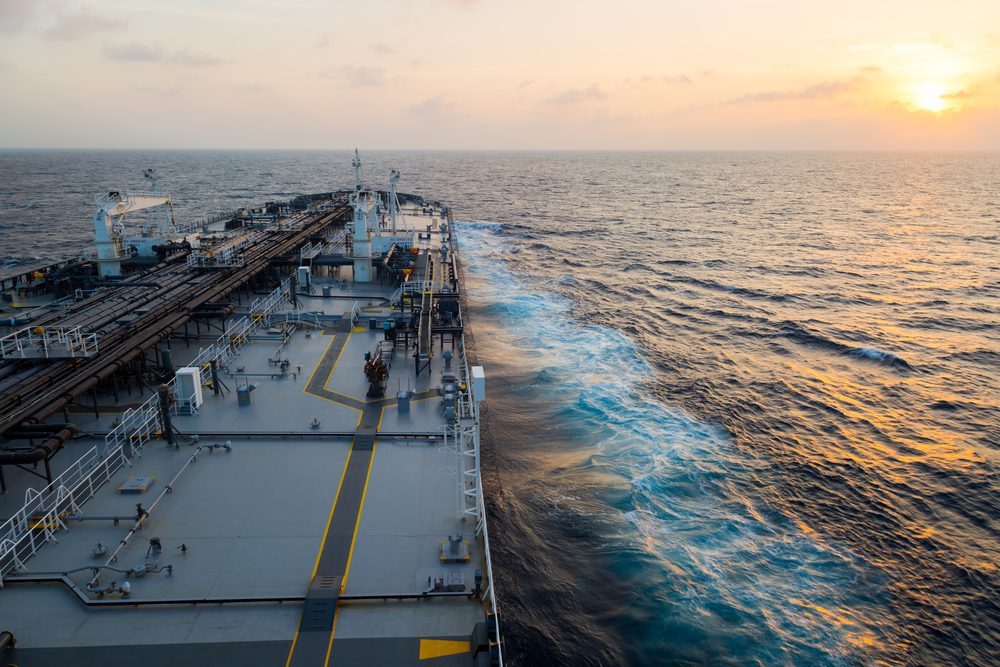(c) Robert Almeida
SINGAPORE–After scrambling for years to secure space in Singapore’s onshore oil storage tanks, some of the biggest fuel oil traders in Asia are giving up tanks or moving stocks offshore as a global shipping industry downturn makes leasing tankers more affordable.
This shift follows a year in which many traders were hurt by the high and rising cost of onshore storage, a slowing demand for fuel oil in Singapore and a steeply backwardated market, several oil traders said, referring to prompt prices being higher than forward ones for much of 2012–a market condition that discourages storage.
Oil major BP Plc and Swiss trader Gunvor Group are giving up their fuel oil storage space at the Universal Terminal in Singapore, one of the largest such commercial facilities in Asia, they said.
Spokespeople for the two trading houses and the terminal declined to comment.
Typically major players in the market strive to corner large shares of storage capacity as a way of controlling supply or to launch bull plays which involve buying up large volumes of fuel oil.
Traders say an increase in storage costs and changes in the fuel market are behind the two companies abandoning space at the facility, whose leases can run for several years, and note that short-term tanker chartering has become a viable alternative.
Each month about 3.5 million tons of marine fuel is sold in Singapore, the world’s top bunkering port, where fuel stock levels at the end of December were close to 3 million tons, up about one-fifth from a year earlier.
January-November sales were down about 0.7% on year, and while full-year data isn’t yet available, traders say that these could show an on-year decline for the first time since at least 2004. In 2011 sales expanded by 5.6%
“It’s too expensive, simple,” said a trader with a company that is giving up Singapore onshore capacity, saying the difference in cost between landed and offshore storage is “too huge” at the moment.
Excess supply and slow growth in global trade have pushed charter rates to their lowest level in years, making it economical for traders to hire Very Large Crude Carriers, or VLCCs for storage.
Market heavyweight BP recently chartered a 300,000-ton VLCC for $25,000 a day for two-to-three months, with several traders saying it is to be used for storing fuel oil.
That translates into monthly storage cost of around S$3.50/ton. BP held about 300,000 tons of storage capacity at Universal Terminal while Gunvor had about 150,000 tons.
“If you manage to get a VLCC for two-three months at the same rate as BP, it does make sense compare to the S$7-S$8 bucks you’d need to pay for tanks at the moment,” said a trader.
“I think that last year storage fees and backwardation were killing them,” said another trader.
While chartering a VLCC for storage is cheaper for now than onshore storage, there are additional operational costs, including loading fees, and possible constraints on the number of berthing stations.
It’s not clear if Gunvor needs or plans to take offshore storage space as it already has between 600,000 and 800,000 tons of storage capacity in a mix of facilities besides the space that it is giving up.
Trading houses have been attracted to Universal Terminal, which opened in 2008, as it has two berths able to accommodate VLCC and 73 storage tanks able to hold crude oil and refined products
Space ceded by BP and Gunvor at Universal terminal is likely to be taken up by the operator and other tenants at Universal Terminal, traders said.
– Gurdeep Singh, (c) 2013 Dow Jones & Company
Editorial Standards · Corrections · About gCaptain

 Join The Club
Join The Club











